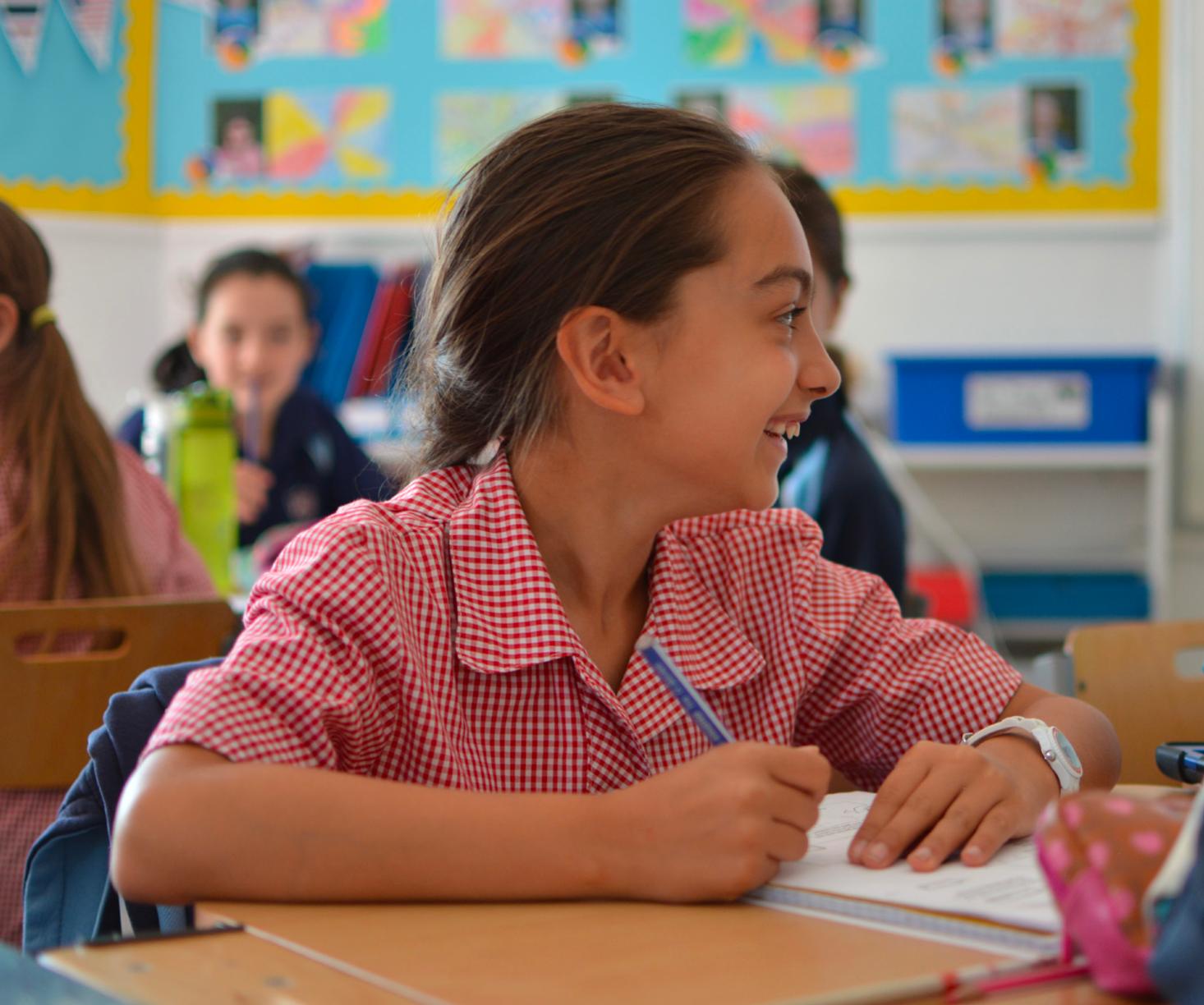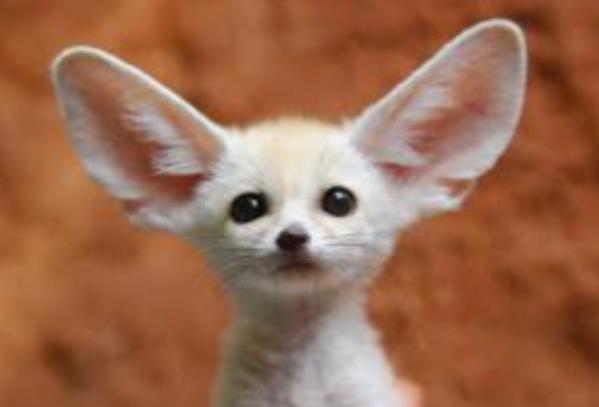




The interview forms an important part of the application process to future schools and can vary in its format. Whilst some schools will interview all children, others are more selective. Interviews can take place in small groups or one to one with a teacher from the secondary school. This guide is designed to give you some ideas of the different styles of interviews and some areas which may be covered.
This is an opportunity for you to demonstrate to the senior schools your GOOD POINTS and characteristics. They want to know about you and what you know. They are not there to catch you out.
Interviews are all about CONVERSATION and your ability to CONVERSE with an adult in a formal context. These are not as comfy as chats nor are they dialogue which is a two way conversation that may involve opposing points of view
So be positive, polite, pleasant, and enthusiastic. Be smart and well mannered in order to make a good impression. Smile, stand, and sit up straight with your head high and shoulders back so that you LOOK CONFIDENT even if you feel unsure inside.
First impressions are CRUCIAL. An interview may last for 30 minutes or more but studies have shown that someone forms judgements about you within four minutes of meeting you and that these judgments affect their subsequent impressions. Research shows that first impressions are made up of the following:
* 55% visual impact, i.e. dress, facial expressions and body language;
* 38% tone of voice;
* 7% from what you actually say.
All is not lost if you are very nervous at the outset but try to create the best first impression you can a warm smile and good eye contact will help.
Look the interviewer in the eye. It is important to make eye contact to show that you are wanting to COMMUNICATE with the interviewer, telling that person about yourself, your ideas, and your opinions. Do not give single word answers expand, give details or examples or reasons, as appropriate

These subjects are still the most important. You may be asked to bring samples of work to show. Be prepared to talk about these and make sure they are neat and well presented. In any case, you will be asked about these subjects and remember to be positive about them even if they are not your favourites!
Pupils are often asked to take along something of which they are proud, which need not relate to academic achievement. It is a personal choice and could be anything e.g., medals or certificates awarded for sports, music, or drama, or something related to one of your hobbies or special interests The idea is that it should spark discussion So choose something about which you are able to talk.
Orchard House School is proud of you; your parents are proud of you; you should be proud of yourselves. However, teachers at the Senior Schools don’t know you and are keen to find out about you. This is your opportunity to show them the good and positive aspects of your personality.
So be prepared to answer questions on the following:
Your interests and hobbies
Books and authors you enjoy reading
Sports, music, drama, art and/or ICT
Likes and dislikes (concentrate on the former!)
Your ambitions
Family and home
Your school
Quirky questions such as:‘If I were to give you £1,000, what would you do with it?’
Why do you want to come to this senior school?
Always have a question for the interviewer. If it's to do with the senior school, make sure its not something which could be found out by looking in the prospectus. Also, avoid personal questions about the interviewer!
Keep up to date with the news. Listen to the radio, watch the news on TV, and read the newspapers. Read magazines such as ‘The Week Junior’. Avoid celebrity culture! Refer to your Current Affairs book. This may be something useful to take to interviews. General Knowledge is again important Some schools have specific General Knowledge papers You should know about other countries, heads of state, geography, historical events, dates, etc, etc.
You may be given a picture, photograph, or object to analyse.
Some questions to consider:
What do you think the artist wanted to communicate? What do you see in the artwork that makes you say that?

What can the image tell you about the artist (photographer, painter, sculptor, etc.)? What do you see that makes you say that?
What do you imagine could have happened moments prior to [or after] the scene shown here? What in the artwork made you say that?
What does this remind you of? Explain your response.
If this artwork produced sounds, what would they be like?
Describe (or make) them and explain your thinking What feeling or mood do you get from this artwork or image? What about it makes you say that?

What is the setting for the artwork the time and place? What makes you think that?
What words help to describe this artwork?
Questioning is an important part of the teaching and learning process and is embedded in quality instruction and strategic thinking Questions are used to teach as well as to assess your understanding, and therefore this style of questioning plays an important part in the interview process.
Some interviewers may ask you some critical thinking questions, where you are expected to think ‘outside the box’.These types of questions, more often than not, do not have a specific right or wrong answer They are looking to see how you approach the question and to understand your thought process.
Critical thinking: Ask open ended questions Asking questions that don’t have one right answer encourages you to respond creatively without being afraid of giving the wrong answer.

Critical thinking: Categorize and classify. Classification plays an important role in critical thinking because it requires identification and sorting according to a rule, or set of rules, that you must discover, understand, and apply If you play classification games at home, be sure to follow up the activity with questions about the similarities and differences between the groups. You can sort everything from dirty laundry to Legos to produce to dolls clothes to promote critical thinking
Critical thinking: Work in groups. In a group setting, you are exposed to the thought processes of your peers. Therefore, you can begin to understand how others think and that there are multiple ways of approaching problems not just one correct way.
Critical thinking: Make decisions. You should start to consider the pros and cons, but don’t be afraid to make a wrong choice Then evaluate your decision later Ask yourself, “How do you feel about your decision? What would you do differently next time?”
A Thunk is a simple way of looking at question about everyday things They can stop you in your tracks and helps you start to look at the world in a whole new light. They can often be ‘unusual’ or odd questions but they are designed to make you think.

Examples of Thinking Questions designed to make your brain hurt!

1 How would life be different if there were no electricity? List three different ways
2. Explain a flower to someone who has never seen or heard of one before.
3. Pretend that you get to make one rule that everyone in the world must follow. What rule do you make? Why?
4 Are you more like a square or a circle? Why?
5. How would the game of soccer be different if the ball was shaped like a cube?
6. What are three ways the world would be different if people did not need to sleep? What would you do with the extra time?
A popular choice of interview question focuses on your observation and analysis skills You may be provided with images, which may take the form of historical sources, texts, or pictures amongst others. You will then be asked to analyse, make comparisons or explain your observations.
An example of your observation skills:
1 What are the differences between these two animals?
2. Where might these animals live? Explain why.

3 How are these animals adapted to survive and thrive in their different environments?


4. What food do you think they eat and why?
An example of Inference questions:
Some helpful tips: Use the mute button. Look into the camera while speaking. Choose a professional background. Find a brightly lit room. Pick a quiet space. Silence your phone. Maintain your focus. Turn off notifications
Use a laptop or computer. Charge your laptop. Update your computer. Find a good Internet connection. Communicate with your household. Wear professional attire. ie not casual Keep your screen clear Practise using Zoom.
Use appropriate body language Ask your interviewer questions. Do not EAT whilst on the call It’s ok to have a glass of water Go to the loo before hand
